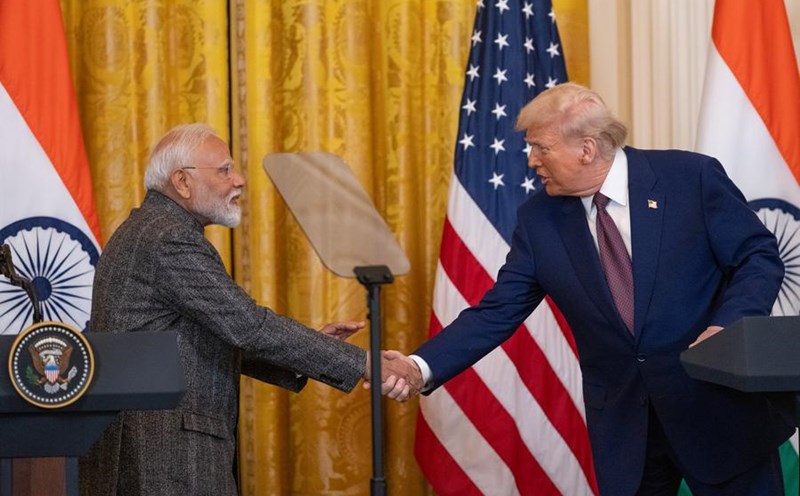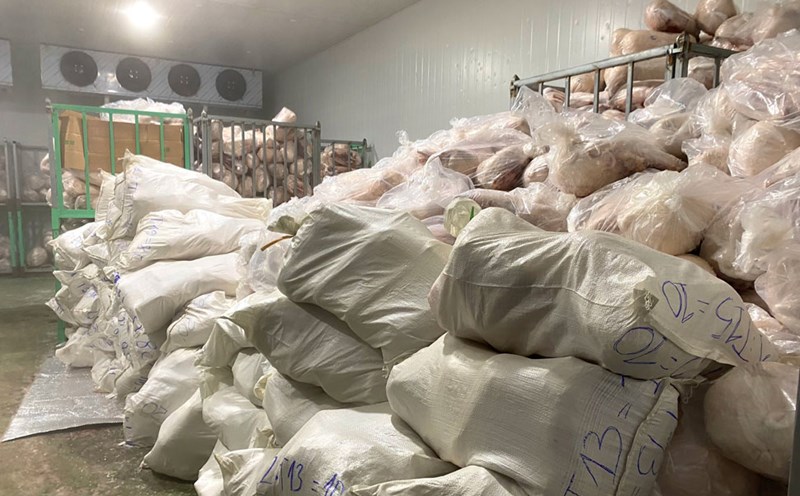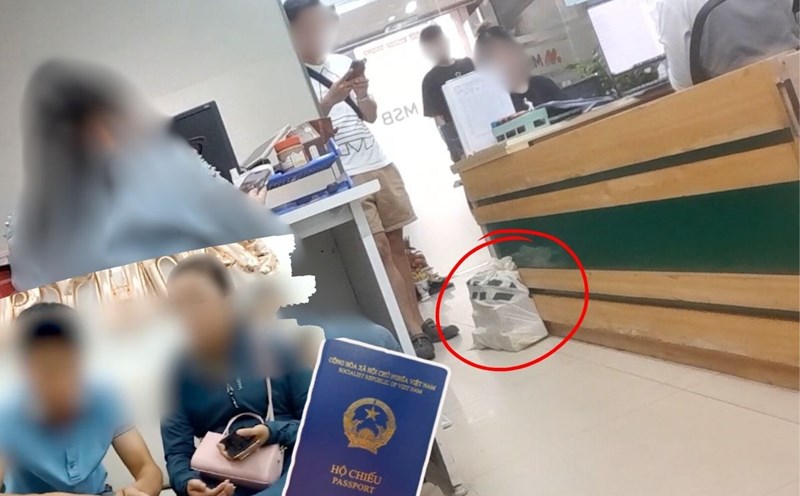On August 9, the Indian government suspended plans to buy weapons and aircraft from the US after US President Donald Trump imposed an additional 25% tax on Indian exports, raising the total tax to 50%.
This move is seen as New Delhi's first clear response to trade tensions, dragging bilateral relations to a multi-decade low.
According to three Indian officials, Defense Minister Rajnath Singh was scheduled to visit Washington to announce new contracts but the trip was canceled. Among the suspended deals is a plan to buy Stryker fighter jets, Javelin anti-tank missiles, 6 Boeing P8I reconnaissance aircraft and a $3.6 billion support system for the Indian Navy. Boeing, lockheed Martin and General Dynamics declined to comment.
Mr Trump's decision is believed to be to punish India for buying oil from Russia, which he said means financial support for Russia's military activities in Ukraine. India believes it is being treated unfairly as the US and its European allies continue to trade with Russia when at a good rate.
Although US-India defense cooperation, including intelligence sharing and joint drills, continues, current tensions make the process of shifting arms supplies from Russia to the US more difficult politically. Russia remains a traditional arms supplier to India, although New Delhi has increased imports from Western countries in recent years.
Sources say Russia has offered India an S500 air defense system, but India is not in demand yet. However, dependence on technology and maintenance from Russia makes it unlikely to completely cut off defense relations with Russia.









